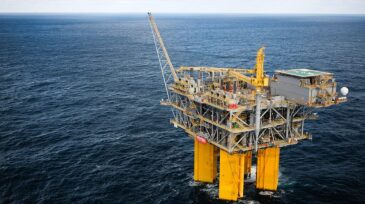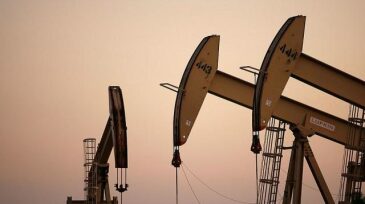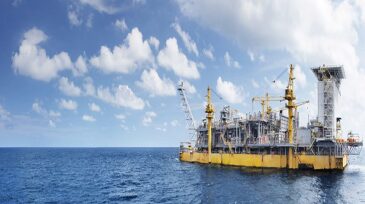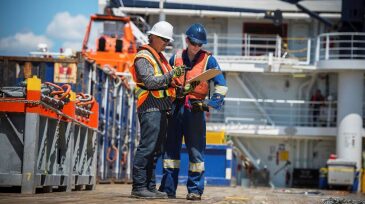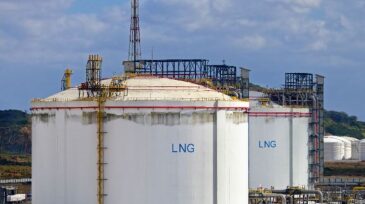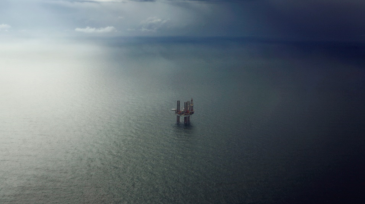Business/economics
The planned facility was designed to process 34 MMcf/D of associated gas into fully refined gasoline.
The cloud platform provider said the initiative is designed to help energy companies manage and analyze large-scale operational data.
The deal positions the merged company to benefit from an expected offshore drilling upcycle.
-
With oil prices still low, Hess decided to sell a stake in one offshore project to help pay to develop a much larger one.
-
The latest updates on the North American shale sector’s efforts to consolidate and restructure.
-
Petrobras will sell its stakes in 27 onshore exploration and production concessions located in Espírito Santo, called the Cricaré Cluster, to Karavan SPE Cricaré SA, a specific-purpose entity (SPE), for $155 million.
-
The sale of Chevron’s interest in the IDD project is part of its cost-cutting measures.
-
Shell's CEO said the Dutch supermajor has "too many layers" and that the move to downsize will help ensure its future. As a result, at least 9,000 people are expected to leave the oil and gas producer between now and 2022.
-
Wood Mackenzie is bullish on the future of global LNG demand. Chief Analyst Simon Flowers outlines the risks ranging from spot prices, project economics, and environmental concerns.
-
Brazil’s national oil company estimated a reduction of 22 to 38% in capital expenditures in E&P from its 2020–2024 strategic plan and expects to spend $6 billion through 2024 to decommission offshore platforms and wells and underwater gas pipelines.
-
The two shale producers are calling it a “merger of equals” and will share management duties once the transaction closes. The combined company aims to become the fourth-largest producer of tight oil in the US.
-
PowerChina said railway plans are moving forward under Argentina’s current administration and China could provide the financing for the $1.2–1.5 billion project.
-
The research will focus on potential policy changes that could help increase oil and gas production from deepwater infrastructure already in place in the Gulf of Mexico to reduce stranded assets.




